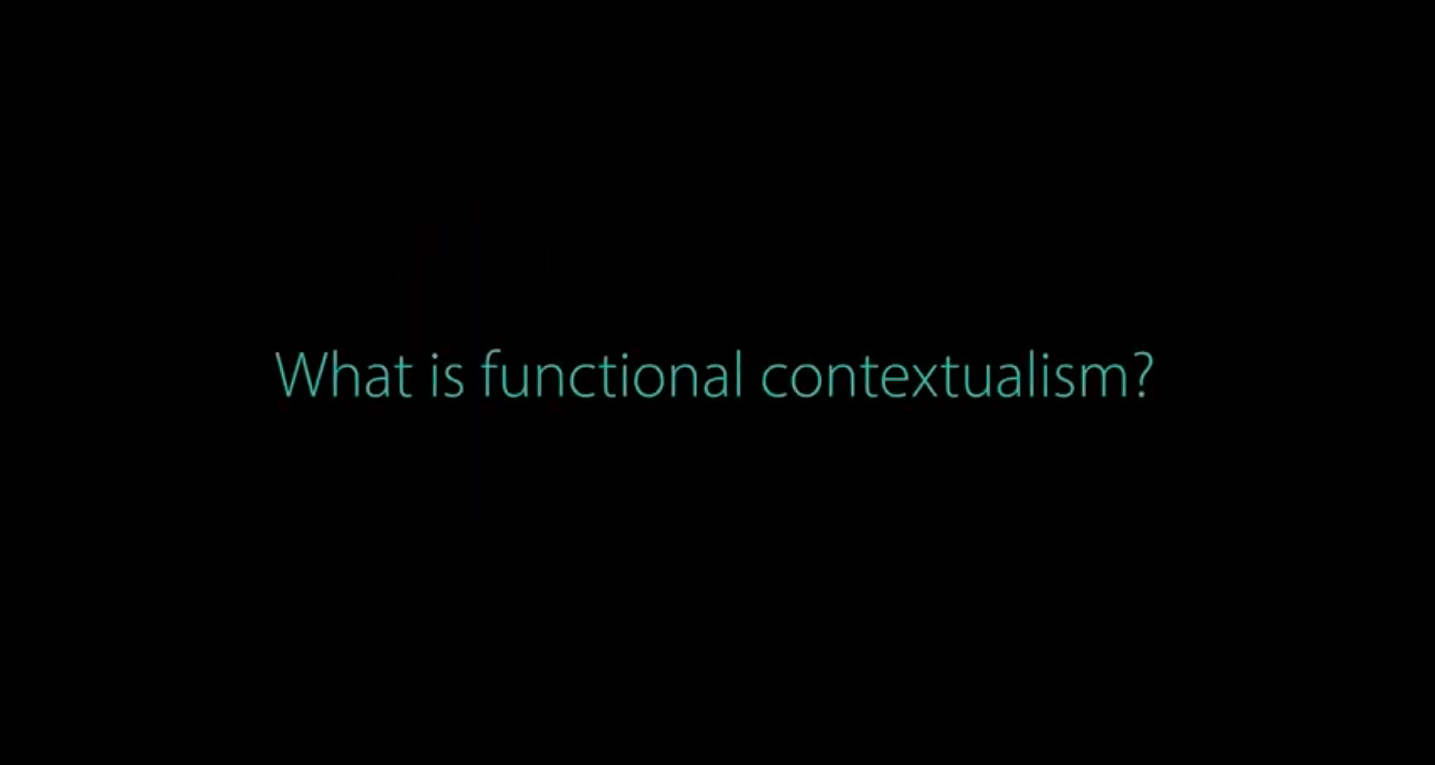
The Functional Contextual Therapist
Deepen your understanding of Acceptance and Commitment Therapy (ACT) and other contextual approaches
Format: 2-hour online webinar
Date: Thursday 30th May 2024
Time: 7pm to 9pm (AEST)
Practically applying fundamental principles to move beyond strategies and techniques and increase therapeutic precision
The assumptions of functional contextualism are powerful and practical tools, which have often been inaccessible to clinicians due to the dense and complex-sounding language that is regularly used to describe them. In this webinar, Brendon will help you unlock the clinical benefits of functional contextualism by breaking down the concepts in ways that are not only simple to understand, but are also immediately useable in the therapy room.
Many of the modern, Contextual Cognitive Behavioural Therapies (Contextual-CBTs) such as ACT, explicitly acknowledge an alignment with the philosophical worldview of Functional Contextualism. This philosophical worldview is innately compassionate, non-pathologising and individualised in nature, and consistently orients the therapist towards doing what works to help clients contact personally meaningful consequences in their lives. Most training workshops and clinical textbooks for contextual therapies give only a brief overview of this underlying philosophy and none (to my knowledge) extract the direct clinical implications for therapists, or explore the ways in which functional contextualism can guide the therapist, and the client, even without an overarching therapeutic model. These textbook descriptions can also be quite technical and inaccessible, especially for clinicians in the early stages of exploring contextual therapies.
In this webinar, we will simplify the primary concepts, and explore the very real and practical treatment ramifications of adopting a functional contextual stance in therapy. The workshop will not cover specific therapeutic models, but will help clinicians practise stepping underneath the techniques and strategies of therapy packages, and be guided by the broad, yet specific, foundational assumptions upon which these models rest. We will focus on specific ways in which clinicians can use these principles to orient them in their application of any contextual therapeutic model.
Who is this webinar for?
This webinar is of interest to any therapist who:
· Would like to strengthen their clinical pracrise by moving beyond the deployment of “strategies and techniques” as a primary means of navigating in the therapy room
· Would like to anchor their practical clinical work to the foundational principles which underlie contextual CBTs (e.g. ACT)
· Would like to demistify functional contextualism and practice using the principles in real-world scenarios
· Would like to deepen their knowledge and skill-base for using therapies like ACT in more flexible and ACT-consistent ways
No prior knowledge will be assumed for this webinar, and the content is suitable for therapists of all levels of experience.

